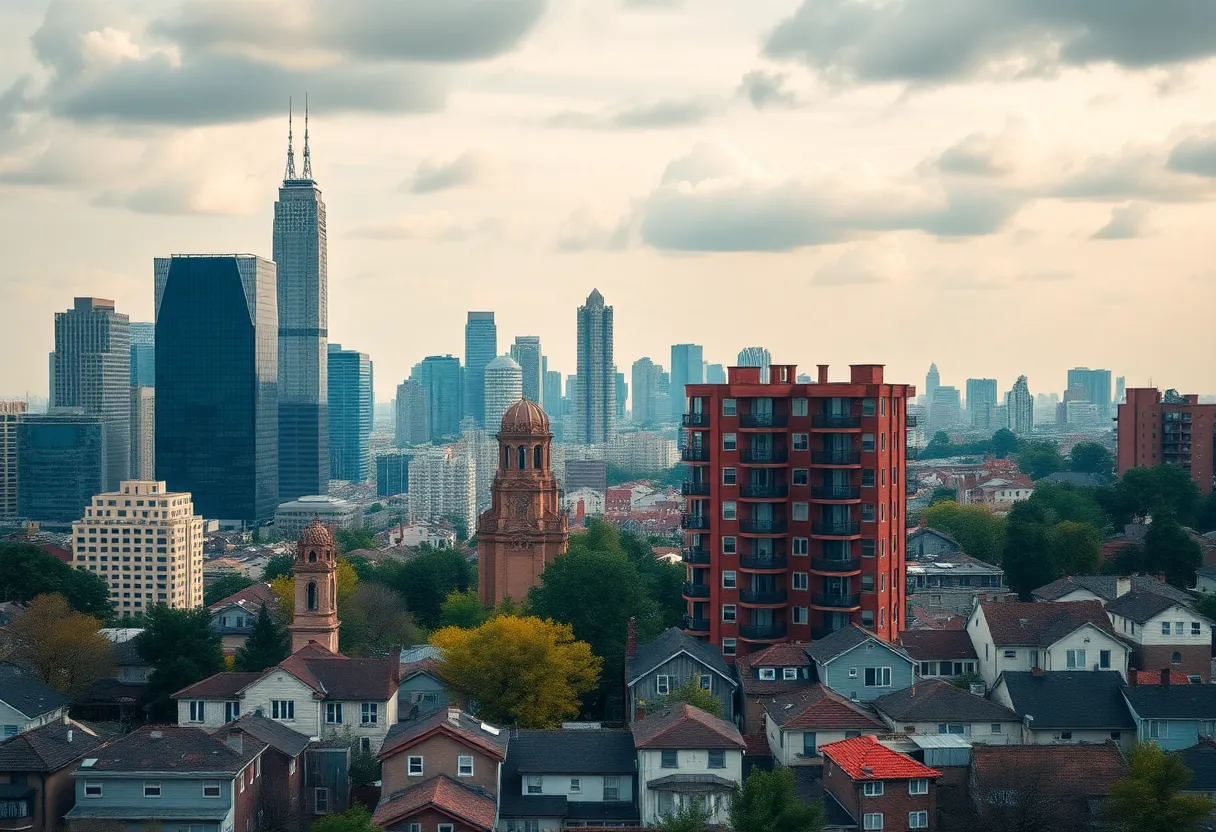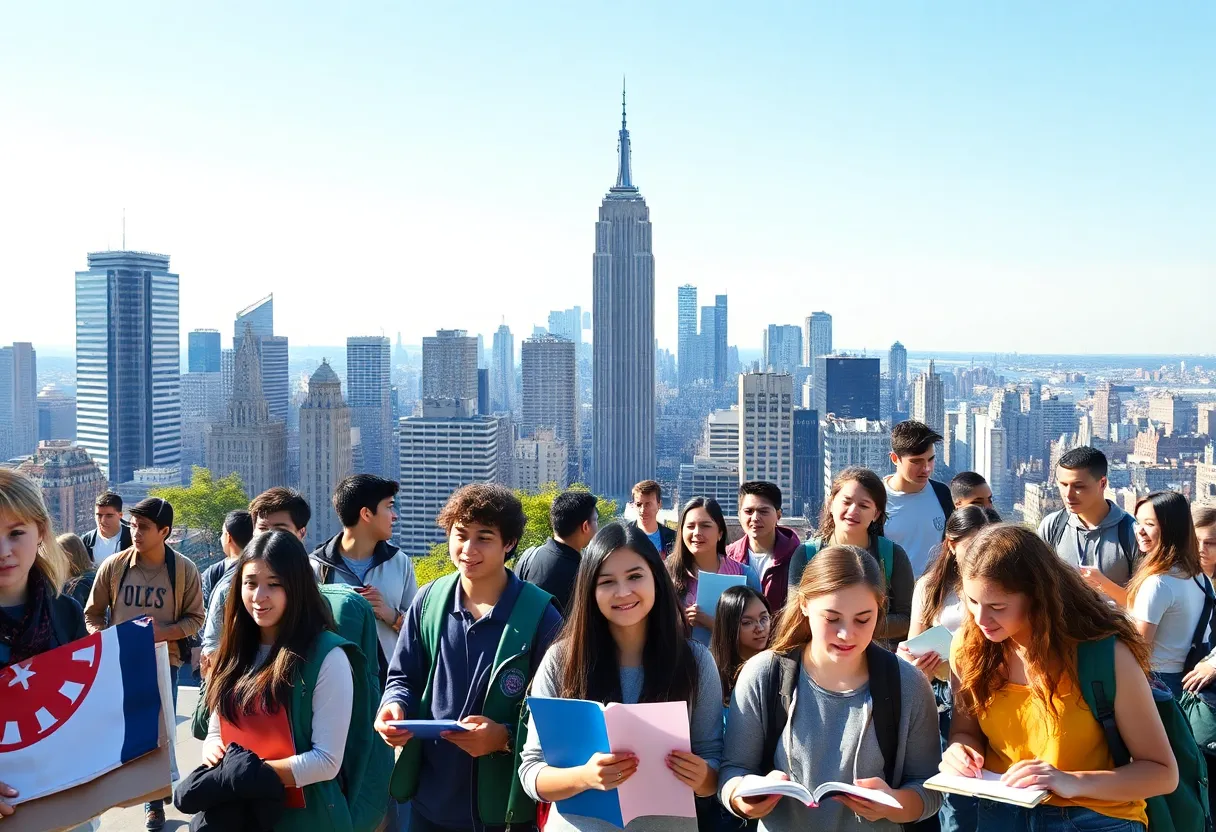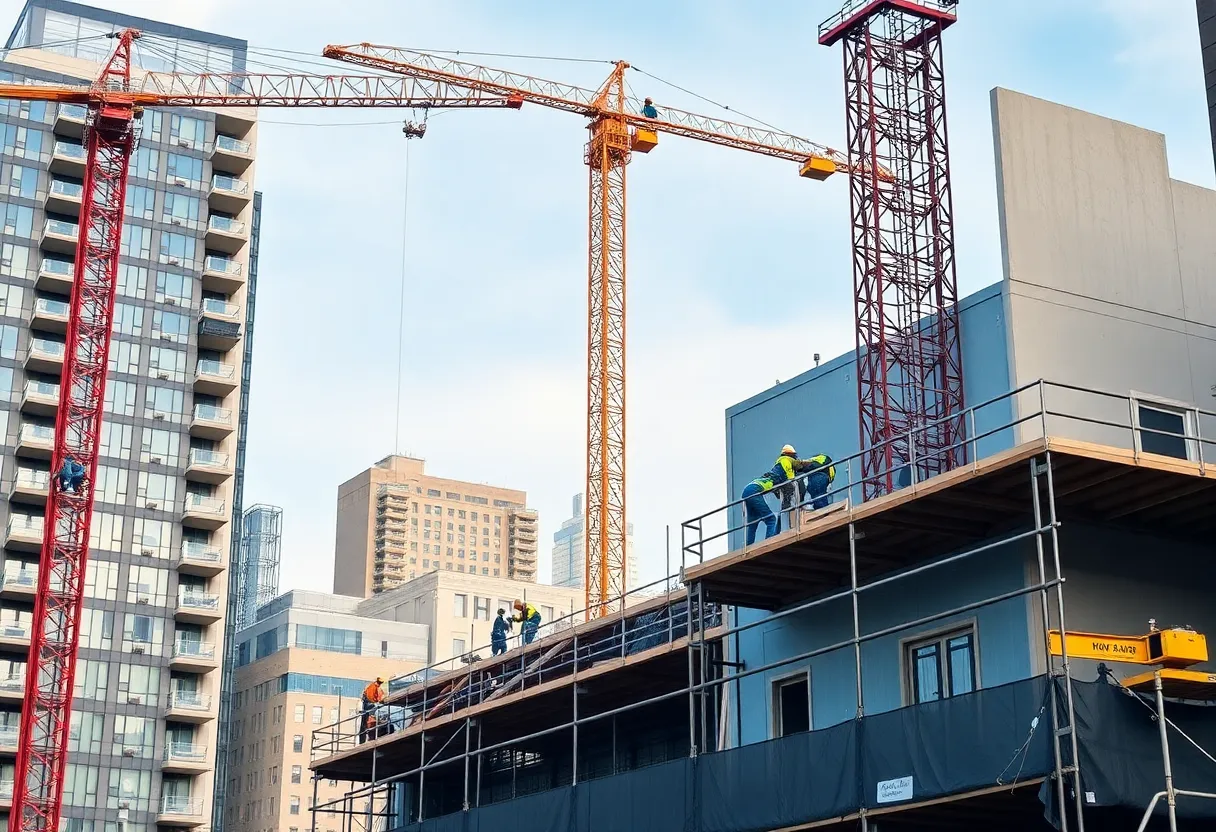News Summary
Zohran Mamdani’s victory in New York’s mayoral primary highlights growing dissatisfaction with wealth concentration and elite governance in the U.S. The election outcome reflects mounting frustration among voters, with increasing concerns about the widening wealth gap. Current data shows that the richest 10% of households own nearly 90% of business equity, while charitable contributions from ultra-wealthy individuals have stagnated. As calls for systemic economic reform gain momentum, Mamdani’s win serves as a wake-up call for the wealthy and the political establishment.
New York – The recent victory of Zohran Mamdani in New York’s mayoral primary reflects a significant shift in U.S. politics, showcasing a growing dissatisfaction with wealth concentration and elite governance. This election outcome signals a mounting frustration among voters, driven by the belief that the current political and economic systems primarily benefit a small, affluent class at the expense of the majority.
As the wealth gap widens, many Americans are voicing concerns about the concentration of resources and power. Populism, heralded by various political factions across the spectrum, has emerged in response to what is seen as the detrimental effects of globalization on working-class citizens. Both left and right populists are critical of the so-called “cosmopolitan elite,” suggesting that their policies have disproportionately favored wealthy individuals and corporations.
Current data on wealth distribution underscores this growing discord. Nearly 90% of all business equity in the U.S. is owned by the top 10% of households, while half of American households possess virtually no business equity at all. From the late 1980s to the present, the wealthiest 1% of Americans have increased their share of the nation’s wealth to 26%, whereas the share held by the bottom 80% has decreased from 40% to 30%. This stark contrast lays bare the challenges faced by the middle and lower classes, who are often left to navigate an economy increasingly skewed in favor of the affluent.
The rise in ultra-high-net-worth (UHNW) individuals, defined as those with a net worth exceeding $30 million, also illustrates this trend. The number of UHNW individuals in the U.S. has surged from just over 101,000 in 2020 to nearly 148,000 in 2023. Their combined wealth has similarly escalated from $11.3 trillion to $17.1 trillion over this period. Despite this extraordinary accumulation of wealth, their philanthropic contributions have shown little growth, remaining stagnant around $85 billion annually. In fact, their charitable giving as a percentage of total wealth has declined, dropping from 0.75% in 2020 to just 0.5% in 2022.
Historians caution that without proactive measures to address the growing divide in wealth, society may face historical patterns of upheaval. Walter Scheidel, a noted historian, warns that economic inequality has historically been corrected through violent means rather than peaceful reforms. This reality necessitates urgent action from wealthy individuals to leverage their resources for the benefit of society. With almost 80% of individuals with a net worth exceeding $30 million being self-made entrepreneurs, there exists a unique opportunity for them to engage meaningfully in philanthropic initiatives.
To address systemic disparities, the concept of catalytic philanthropy has been proposed, which seeks to combine financial, social, political, and intellectual capital to foster systemic change. This method promotes innovative solutions to the pressing issues surrounding wealth inequality. Three specific initiatives have been identified as key opportunities for such philanthropy:
- Pre-distributing Gains from Automation: Initiatives like the Telescope Tech Offset Program (TTOP) propose providing an “AI Credit” to businesses that implement automation technologies that may displace workers.
- De-risking Social Innovation: Utilizing Pay-for-Success contracts allows government funding only when project goals are achieved, reducing financial risks for social innovators.
- Democratizing Business Ownership: Facilitating employee buyouts of retiring baby-boomer businesses can promote job retention while enhancing wealth equity among employees.
Mamdani’s victory in the mayoral primary serves as a wake-up call for both the wealthy and the political establishment, highlighting the urgency for systemic economic reform. Wealthy Americans find themselves at a critical crossroads: they can either continue to perpetuate economic inequality or take an active role in forging a more equitable economy. As the dialogue surrounding wealth inequality gains momentum, it becomes increasingly evident that collective action may be essential for fostering a more just and balanced society.
Deeper Dive: News & Info About This Topic
- Ainvest: Zohran Mamdani Win Sparks Debate on Wealth Inequality and Philanthropy
- Wikipedia: Wealth Inequality
- AP News: Darren Walker and the Ford Foundation
- Google Search: Wealth Inequality
- Inside Philanthropy: 8 Organizations for Dismantling Privilege
- Google Scholar: Philanthropy and Wealth Inequality
- Business Insider: Warren Buffett and Philanthropy
- Encyclopedia Britannica: Philanthropy
- New York Times: Ford Foundation and Yale Law School
- Google News: Philanthropy

Author: STAFF HERE NEW YORK WRITER
The NEW YORK STAFF WRITER represents the experienced team at HERENewYork.com, your go-to source for actionable local news and information in New York, the five boroughs, and beyond. Specializing in "news you can use," we cover essential topics like product reviews for personal and business needs, local business directories, politics, real estate trends, neighborhood insights, and state news affecting the area—with deep expertise drawn from years of dedicated reporting and strong community input, including local press releases and business updates. We deliver top reporting on high-value events such as New York Fashion Week, Macy's Thanksgiving Day Parade, and Tribeca Film Festival. Our coverage extends to key organizations like the Greater New York Chamber of Commerce and United Way of New York, plus leading businesses in finance and media that power the local economy such as JPMorgan Chase, Goldman Sachs, and Bloomberg. As part of the broader HERE network, including HEREBuffalo.com, we provide comprehensive, credible insights into New York's dynamic landscape.





